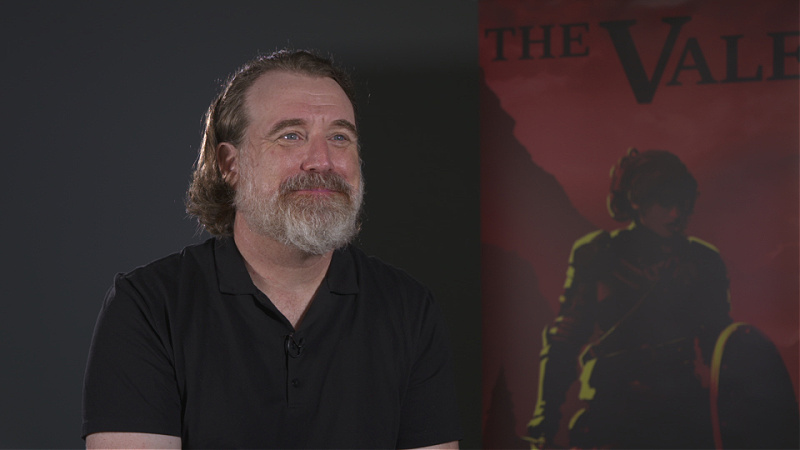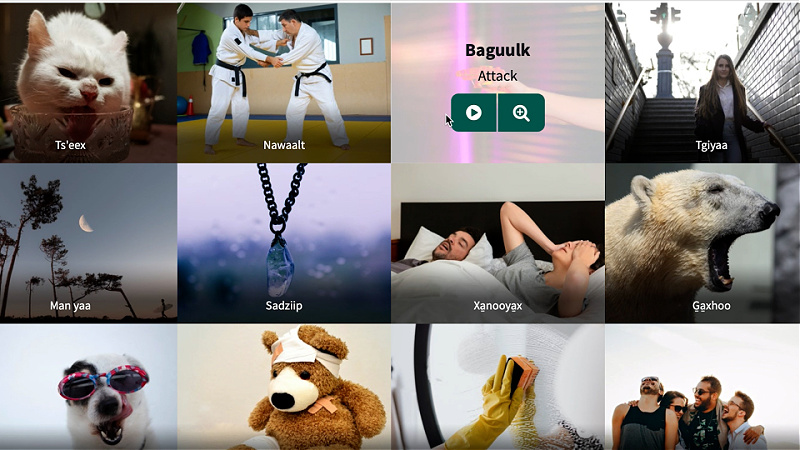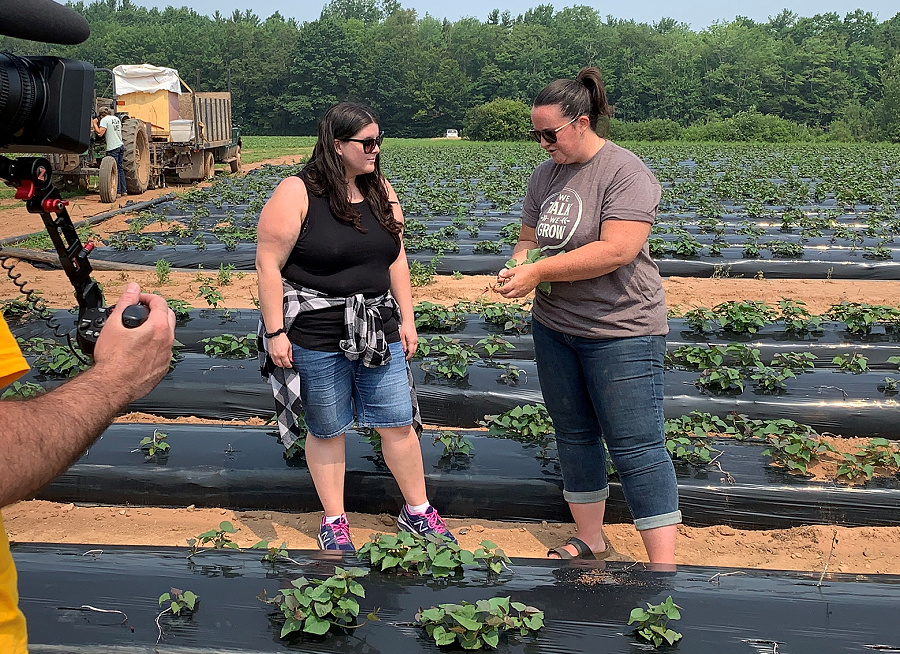Alex Smyth previews The Vale: Shadow of the Crown release

By Alex Smyth
When it comes to gaming, visuals are typically king. With constant improvements being made to graphics and creating immersive worlds, it can be a challenge for players with disabilities, especially those with vision loss, to connect with the worlds these games create.
However, a recently released game has changed that narrative. The Vale: Shadow of the Crown is an audio-based game that transports players to a medieval-fantasy world where they play as a blind princess named Alex. Not only is the premise tied to vision loss, but so too was the development of the game. Falling Squirrel Inc., the studio responsible for the game, worked with blind and partially sighted community at numerous stages of development to make a game for the community by the community.
The fact that this concept is not widely utilized yet shows how much work there is to be done overall, but it’s important to celebrate the studio for taking this approach. The best part is, the game is not just marketed as a game for blind players, but for anyone who wants to try an audio-based fantasy game. With a wide release across multiple platforms including Steam, Xbox, and more, this game has the potential to leave an impact and become an example of a game that is made to be accessible for the community, without sacrificing the quality of the experience.
There is no longer a sense that one must make concessions to achieve a level of accessibility for the player. Much like the work done at AMI, it forces creators to become nimble and think outside of the box. The result is an immersive experience that can challenge players to pay attention to their surroundings, perfect timing in combat, and keep exploring their environments to find hidden spaces.
Now I have to admit, while I am an avid gamer who has been playing games since I was 4, I had never played or even heard of audio only games. In researching and following the development of The Vale, I have learned more about them and became aware of this style of game. I am hopeful that the tactics and tools used in audio games will continue to grow and become popular in the mainstream game sphere as well. I feel we have started to see some elements lifted, including 3D surround audio, sound queues in combat, and dictation for on-screen text, but there is more that can be done.
So while I love playing The Vale (and not just because the protagonist and I share the same name!), I am really excited to see how this game will continue to push the options and direction of games in the future! Here’s hoping accessibility soon becomes standard on all AAA games, so that we can stop talking about it and just play the games we love!
Watch the segment on AMI This Week on Monday, October 4, at 8 p.m. Eastern on AMI-tv.
Want to read more from Alex? Search his name!






